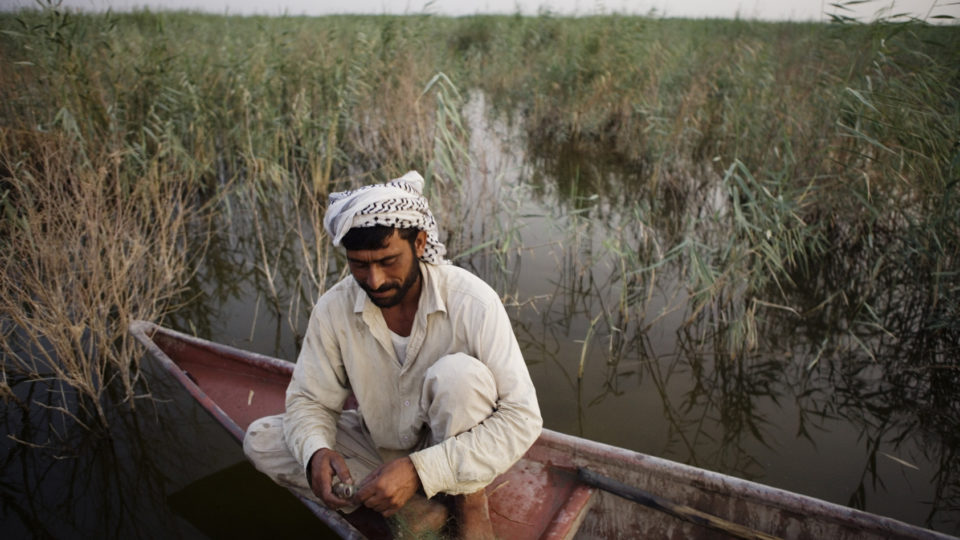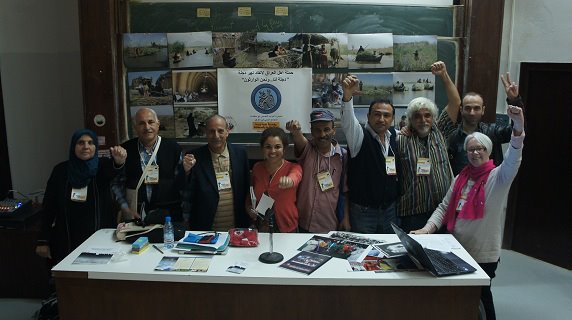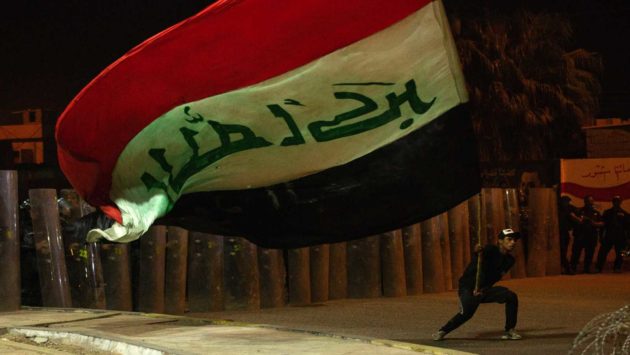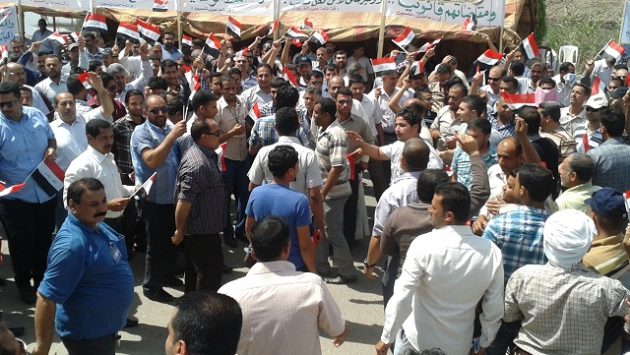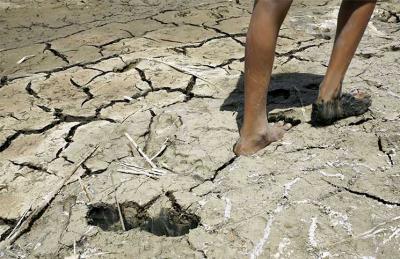Renaissance Dam in Ethiopia and the Similar Turkish Case
By: Ahmed az-Zoba`i
Translation from Arabic by: Safaa Sheikh Hammed
Original Arabic: http://www.iraqnewspaper.net/news.php?action=view&id=22010
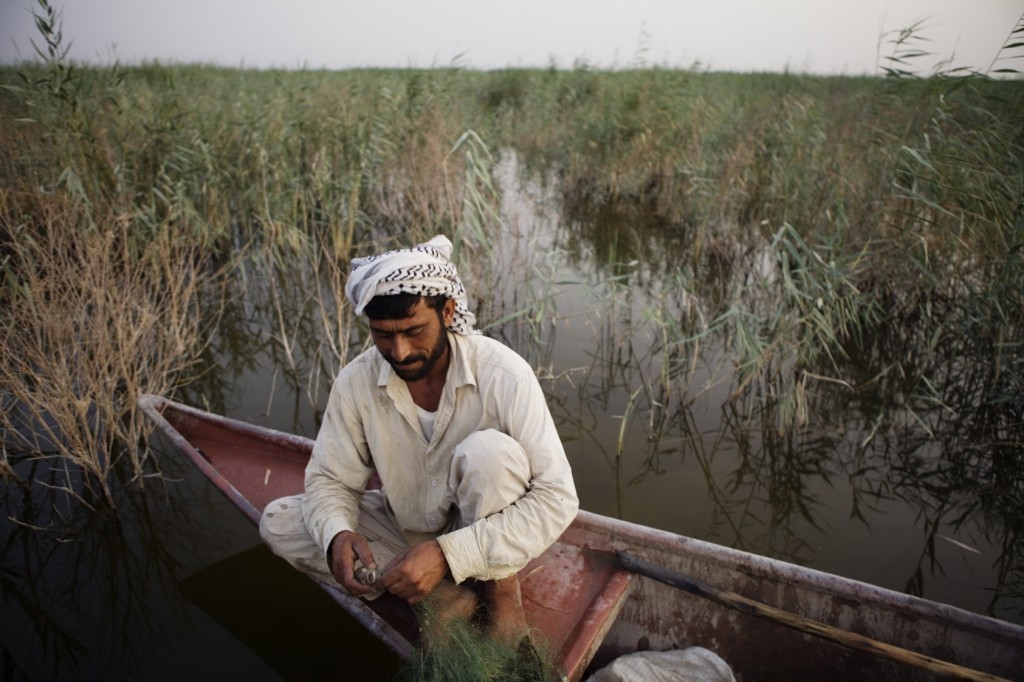
“Egypt is the gift of the Nile,” says Herodotus. Egypt could have been part of the Great Arab Desert without the Nile. The same thing can be applied on the Tigris and Euphrates. These two rivers were responsible for the making of the alluvial plain and the fertile soil in Iraq. It is also a historical fact that Egypt and Iraq were the first people who practiced agriculture, and the first populations that resided in settlements as well.
Yet, this historical legacy is threatened by two grand projects: the Renaissance Dam project in Ethiopia and the Southeast Anatolia project in Turkey. Both Egypt and Iraq suffer from the same problem. It is the curse of geography that put them at the bottom of the basin states. This made them the weakest part in every conflict, because they have to comply with water policies that they consider unfair, while the other parts see it as exercising a natural right to invest in their natural resources. The two countries held many agreements governing the natural discharge of the joint rivers without causing any conflict. The most important agreement with the Nile Basin states was concluded in 1959 after the independence of Egypt, and stated its share by 55.5 billion cubic meters according to certain regulations. Egypt now fears that the Renaissance Dam could have an immense effect on this quantity.
Iraq, on the other side, could not reach a conclusion concerning its share in Tigris and Euphrates in spite of the plethora of agreements and protocols with the basin states. Except for the agreement between Syria and Turkey that determined the water discharge share across the Syrian-Turkish border by 500 cubic meter per second, and the later on Iraqi-Syrian agreement that stated that Iraq would receive 58% of the above mentioned share (500 cubic meter per second), nothing happened to resolve the issue. Blue Nile, which flows from Lake Tana at the northwestern parts of Ethiopia, is the target. It is an important tributary for the White Nile, which flows from Lake Victoria in Uganda, and is the main supporter of the river, since it adds around 90 billion cubic meter per second into the main river. Without the latter river, the Nile could not reach Egypt. This amount of water is sufficient to deliver water to the Egyptian Delta at the north, and then to the Mediterranean, up to 85% of the total discharge of the Nile River. Due to this importance, Egypt had been keen to establish balanced relations built based on common interests, with Ethiopia, to avoid such projects that might affect the development projects in Egypt, which are the cornerstone of the National and food Security.
The plight of the Nile is not far from the plight of the Tigris and Euphrates. The Turkish water policies were more radical than the Ethiopian water policy. It actually started earlier with the construction of Keban Dam on the Euphrates river in 1976, which has a storage capacity of 31 billion cubic meter, and the lately Ilisu Dam on the Tigris river, which will be accomplished in 2015, and will reduce the average water flow rate from 20.5 billion cubic meter to 9.7 billion cubic meter. Iraq relies mainly on the surface water that most of it come from outside its borders, and represent 38% of the Tigris water and 98% of the Euphrates water. As it is well known, Egypt and Iraq are located within the desert and semi-desert areas, unlike Ethiopia and Turkey that are located within the rainfall range, since Ethiopia lies within the tropical areas that receive a rainfall of around 900 billion cubic meter, where as Turkey is part of the Mediterranean climate area and receive a rainfall of around 1200 billion cubic meter per year in the Southeast Anatolia. Both Turkey and Ethiopia announced before that the construction of dams was merely to generate hydroelectric power. Yet, they started to irrigate large areas of farmland, and the proof for this is that the irrigation tunnel of Shani Urfa in Turkey, which takes water from the Ataturk Dam, is the third largest irrigation project in the world. There is an equation stating that the development of one acre in the Ethiopian plateau or the Southeast Anatolia means the loss of one agricultural acre in Egypt or Iraq.
As long as this problem is still there, and regardless of the political motifs and those who stand behind it, adopting mechanisms to alleviate the situation is an emergent necessity. There are external and internal factors. The external factors should be used to internationalize the issue of shared water until it takes a regional and international dimension, as well as playing with the card of economic exchange and trade between Turkey and the Arab states. The same policy can be used with Ethiopia. The internal factors can be represented by the development of water resources, sustainable development, and adopting the principle of integrated management of water resources in order to reach the optimal use and to avoid any water wastage. Finally, the way Iraq and Egypt deal with the water problem are very different. Egypt, in all the previous years, was keen on good relations with Ethiopia, and despite the heavy economical burden, it was providing Ethiopia with economic aids, since it (Egypt) is aware of the need for closer common interests to avoid any potential conflicts. On the contrary, the Iraqi-Turkish relations witnessed recently a dire escalation, especially when the Iraqi government prevented the transit of Turkish pilgrims.
Iraqi Activists presented the Impacts of Ilisu dam on Iraq at the World Social Forum in Tunis. Activists from Mexico, Peru, India, Turkey and Iraq shared challenges facing their water resources that are caused by dams and mining projects.

